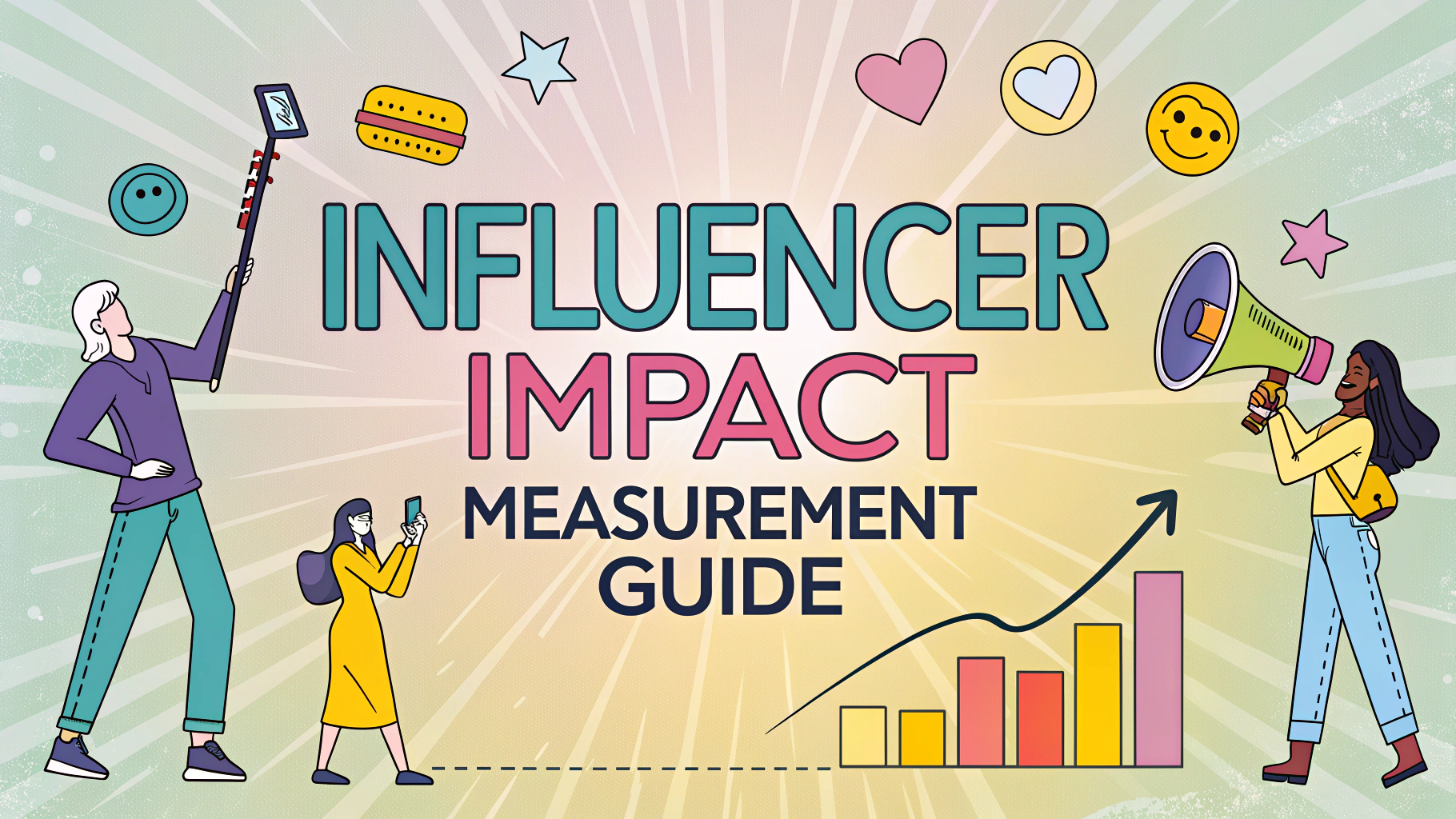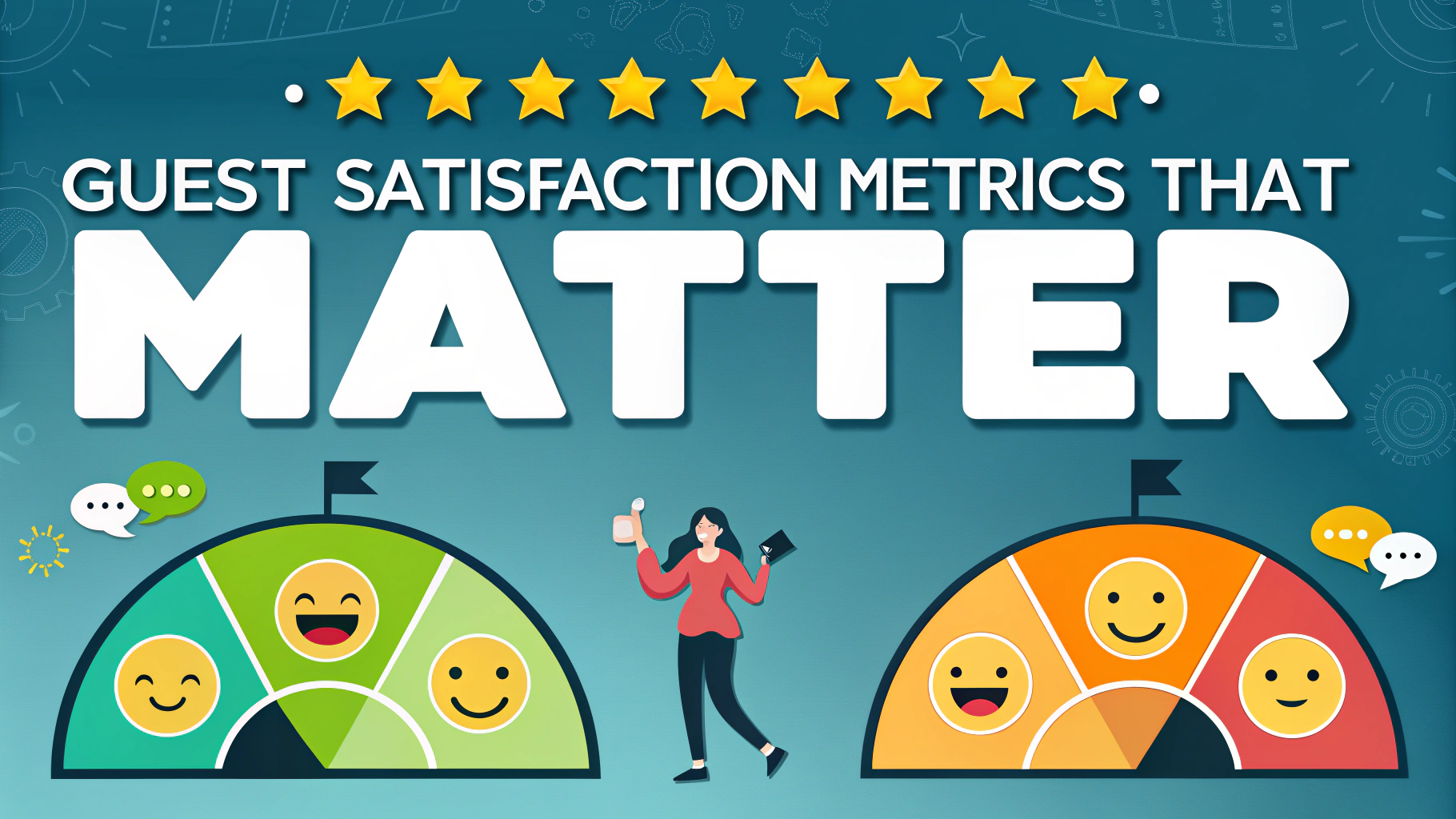A well-planned hotel marketing calendar helps properties maintain consistent revenue throughout the year, including during traditional low seasons.
Strategic planning allows hotels to capitalize on peak booking periods while creating demand during slower months through targeted promotions and campaigns.
This guide outlines a month-by-month marketing approach to help hotels maximize occupancy rates and revenue across all seasons.
January: Post-Holiday Recovery
- Launch “New Year, New Adventures” packages focusing on wellness and fresh starts
- Promote extended-stay discounts for business travelers
- Start early bird summer booking promotions with significant advance purchase savings
February: Romance and Business Mix
- Create Valentine’s Day packages with dining, spa, and romantic add-ons
- Target corporate groups planning Q2 meetings
- Launch spring break early booking promotions
March: Spring Break Focus
- Highlight family-friendly amenities and activities
- Create special packages for spring break travelers
- Begin summer wedding promotion campaigns
April: Business and Leisure Blend
- Launch Mother’s Day special packages
- Promote corporate meeting packages for Q3
- Start graduation celebration promotions
May: Summer Preview
- Release summer weekend getaway packages
- Launch family vacation promotions
- Create Memorial Day weekend specials
June: Peak Season Maximization
- Promote Father’s Day packages
- Launch summer loyalty program specials
- Create mid-week business traveler incentives
July: Summer Campaign Peak
- Focus on last-minute summer booking promotions
- Launch early bird fall meeting packages
- Create weekend extension specials
August: Back to Business
- Promote back-to-school shopping packages
- Launch fall weekend getaway deals
- Begin holiday season early bird promotions
September: Corporate Focus
- Launch Q4 meeting packages
- Create fall foliage weekend specials
- Begin holiday party venue promotions
October: Holiday Planning
- Release Thanksgiving packages
- Promote holiday shopping getaways
- Launch winter wedding specials
November: Festival Season
- Create Christmas and New Year’s Eve packages
- Promote winter corporate retreat deals
- Launch holiday gift card promotions
December: Year-End Push
- Promote last-minute holiday packages
- Launch January corporate meeting specials
- Create winter weekend getaway promotions
Marketing Tools and Channels
- Email marketing campaigns targeting specific segments
- Social media advertising with seasonal content
- Website updates featuring current promotions
- Partner with local attractions for package deals
- Use metasearch engines for rate distribution
Tracking and Optimization
Monitor booking patterns and adjust promotions based on real-time data using your property management system (PMS) or revenue management software.
Track campaign performance through Google Analytics, booking engine data, and social media metrics.
Analyze customer feedback and reviews to refine future promotional strategies.
Making Your Marketing Calendar Work
Review and update your marketing calendar quarterly to ensure alignment with current market conditions and business goals.
Build flexibility into your calendar to respond to unexpected events or opportunities.
Maintain a consistent brand message while adapting promotional content to seasonal themes and target markets.
Budget Planning and Resource Allocation
Allocate marketing budgets seasonally, with higher spending during peak booking windows and strategic investments in slower periods.
Reserve 15-20% of the annual marketing budget for unexpected opportunities and market shifts.
- Peak season: 40% of budget
- Shoulder season: 35% of budget
- Low season: 25% of budget
Cross-Departmental Coordination
Success requires alignment between marketing, sales, revenue management, and operations teams.
- Weekly team meetings to review calendar execution
- Monthly performance reviews and strategy adjustments
- Quarterly planning sessions for upcoming seasons
- Regular staff training on current promotions and packages
Crisis Management Integration
Include contingency plans within your marketing calendar for unexpected events.
- Alternative promotion strategies for different scenarios
- Ready-to-deploy crisis communication templates
- Flexible cancellation policies during uncertain times
- Budget reserves for emergency marketing needs
Driving Long-Term Success
A well-executed hotel marketing calendar serves as the foundation for sustainable revenue growth and market positioning.
Regular review and refinement of your marketing strategy ensures continued relevance in a dynamic hospitality landscape.
By maintaining a proactive approach to seasonal marketing, hotels can build stronger customer relationships and achieve consistent revenue performance throughout the year.
FAQs
- What is a 12-month hotel marketing calendar and why is it important?
A 12-month hotel marketing calendar is a strategic planning tool that outlines marketing activities, campaigns, and promotions throughout the year to maximize revenue and occupancy rates. - Which key seasons should be included in a hotel marketing calendar?
Key seasons include peak travel periods (summer holidays), shoulder seasons (spring/fall), off-peak periods, local events, holidays, and business travel seasons specific to your location. - How far in advance should hotels plan their marketing calendar?
Hotels should plan their marketing calendar at least 6-12 months in advance, with quarterly reviews and adjustments based on performance metrics and market conditions. - What marketing channels should be included in a hotel’s annual calendar?
Essential channels include social media, email marketing, paid advertising, content marketing, website updates, OTA promotions, direct mail campaigns, and partnership marketing activities. - How can hotels integrate special events into their marketing calendar?
Hotels should research local events, festivals, conferences, and seasonal attractions, then align marketing campaigns with these occasions to attract targeted audiences. - What role does budget allocation play in a hotel marketing calendar?
Budget allocation should be distributed based on seasonal demand, with higher investments during peak booking periods and strategic spending during slower periods to stimulate demand. - How should hotels measure the success of their marketing calendar activities?
Success should be measured through KPIs including RevPAR, occupancy rates, direct booking rates, marketing ROI, customer acquisition costs, and social media engagement metrics. - What strategies work best for off-season periods in the marketing calendar?
Effective off-season strategies include creating special packages, targeting different market segments (like business travelers), offering early-bird discounts, and developing unique experiences or events. - How can hotels align their marketing calendar with revenue management goals?
Hotels should coordinate pricing strategies, promotional offers, and distribution channel management with marketing activities to optimize revenue during different periods. - What role does email marketing play in a hotel’s annual marketing calendar?
Email marketing should be used for regular guest communications, promotional campaigns, loyalty program updates, and seasonal offers, with segmented messaging for different guest types.







